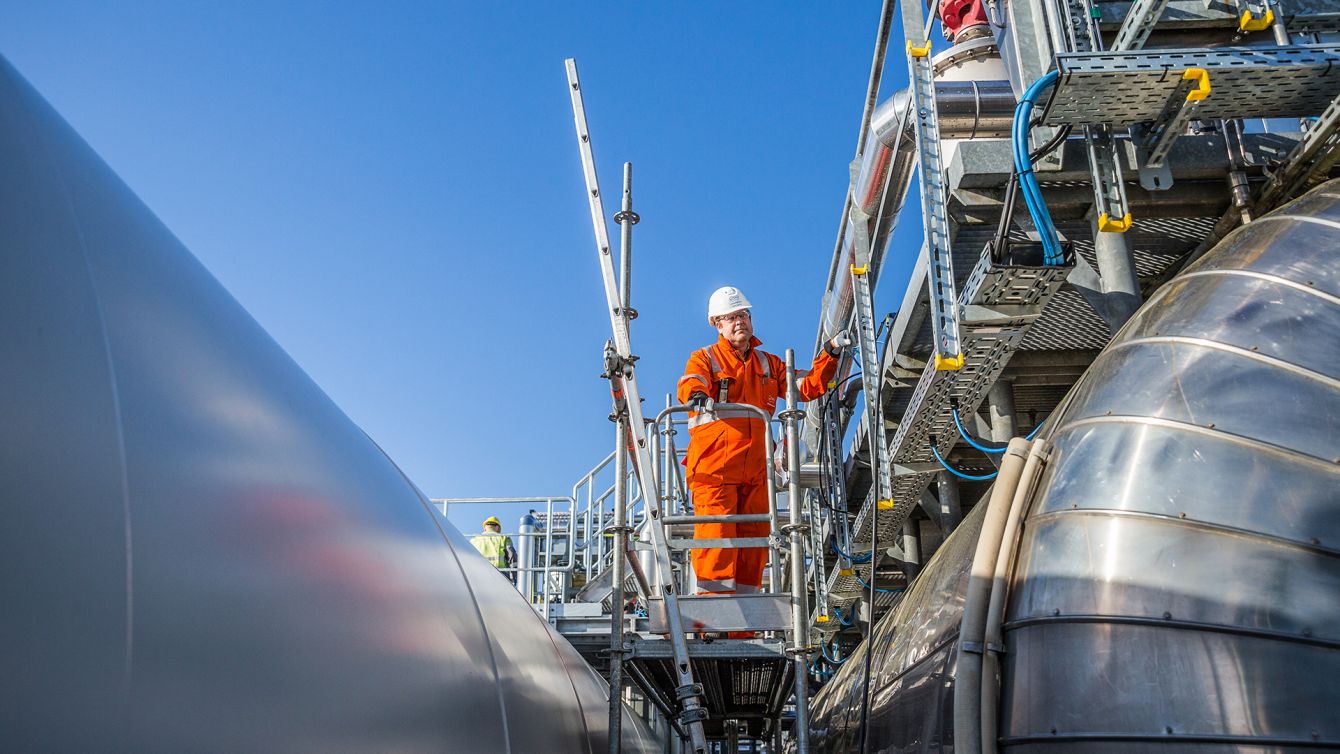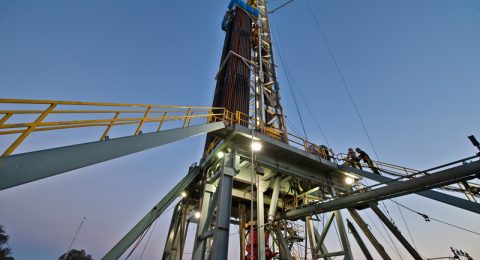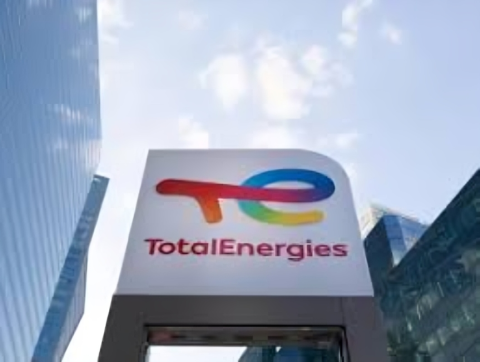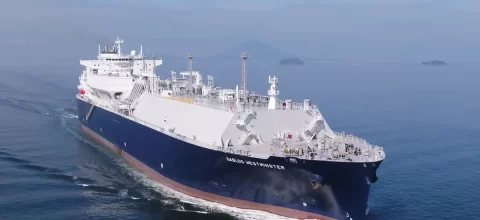Wintershall Dea announced that it has won a new license by the North Sea Transition Authority (NSTA) to store CO2 under the seabed.
The license is for the Camelot area, which is a combination of depleted gas fields and an overlying saline aquifer.
According to a press statement from Wintershall Dea, the Camelot license has the potential to store up to 6 million tonnes of CO2 annually, which would significantly boost carbon abatement efforts in the UK.
This award is considered an important stepping stone for the company to access the UK’s CCS industry and develop Northwest Europe as a key region for carbon management technologies in the company’s portfolio.
In this regard, Hugo Dijkgraaf, Wintershall Dea’s Chief Technology Officer, and member of the Executive Board said “Wintershall Dea is among the leading CCS players in the North Sea with a total of four licenses in three North Sea countries. With the Camelot project, we are once again reaffirming our intention to develop CO2 storage sites in the North Sea to deliver solutions to tackle climate change and decarbonise industries. We are pleased to be maturing this project and thus adding another essential puzzle piece to a European CO2 infrastructure, utilizing our expertise from our CCS projects in Norway and Denmark,” he added.
The work program will be developed and managed by Wintershall Dea Carbon Management Solutions UK.












